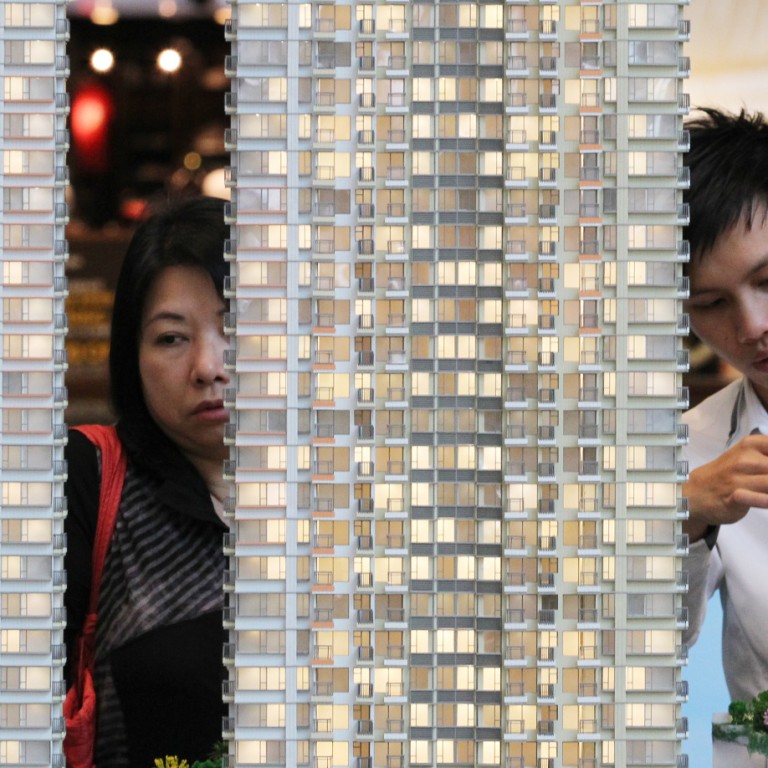
Tipping the balance between growth and affordability
Curbs in HK fail to achieve intended effect with home price gains outstripping rises in incomes
The Federal Reserve's decision last week to maintain its asset-buying programme was at least partly influenced by concerns that doing otherwise might trigger a collapse of the US property market and send aftershocks rippling through the wider economy.

The events in the United States have served to focus attention on the nexus in Hong Kong between interest rates and the property market, which accounts for about 20 per cent of the city's gross domestic product.
More rumblings of discontent are being heard in the market, but back in July, when property agents took to the streets to protest against government measures aimed to rein in rises in home prices, the public turned a deaf ear. The general consensus seemed to be that those same agents had made big money when the market was booming.
On Sunday, the complaints spread to people in the decoration and furnishing industries, who said their business was also being affected amid a more than 70 per cent decline in home sales since the measures were launched.
The impact of the measures designed to reduce demand in the market has extended to mortgage lending by banks, with loans drawn down during July falling 35 per cent from December last year.
We know that striking the right balance between promoting economic growth, which translates into more jobs and rising incomes, and providing affordable housing is a matter of fine judgment.
On the mainland, policymakers have not imposed any further restrictions in the sector after witnessing a noticeable slowdown in economic growth. As a result, home prices, especially those in major cities, have risen rapidly in the past few months.
The authorities across the border have decided to favour economic growth, even if it comes at the expense of rising home prices.
Data on house prices suggests the Hong Kong government has failed to get the balance right in the recent past, with home price rises outstripping increases in incomes, leaving a growing number of people unable to afford their own homes.
Let's see if our government can now safely walk the narrow line between preventing a property bubble and sustaining the economy.

